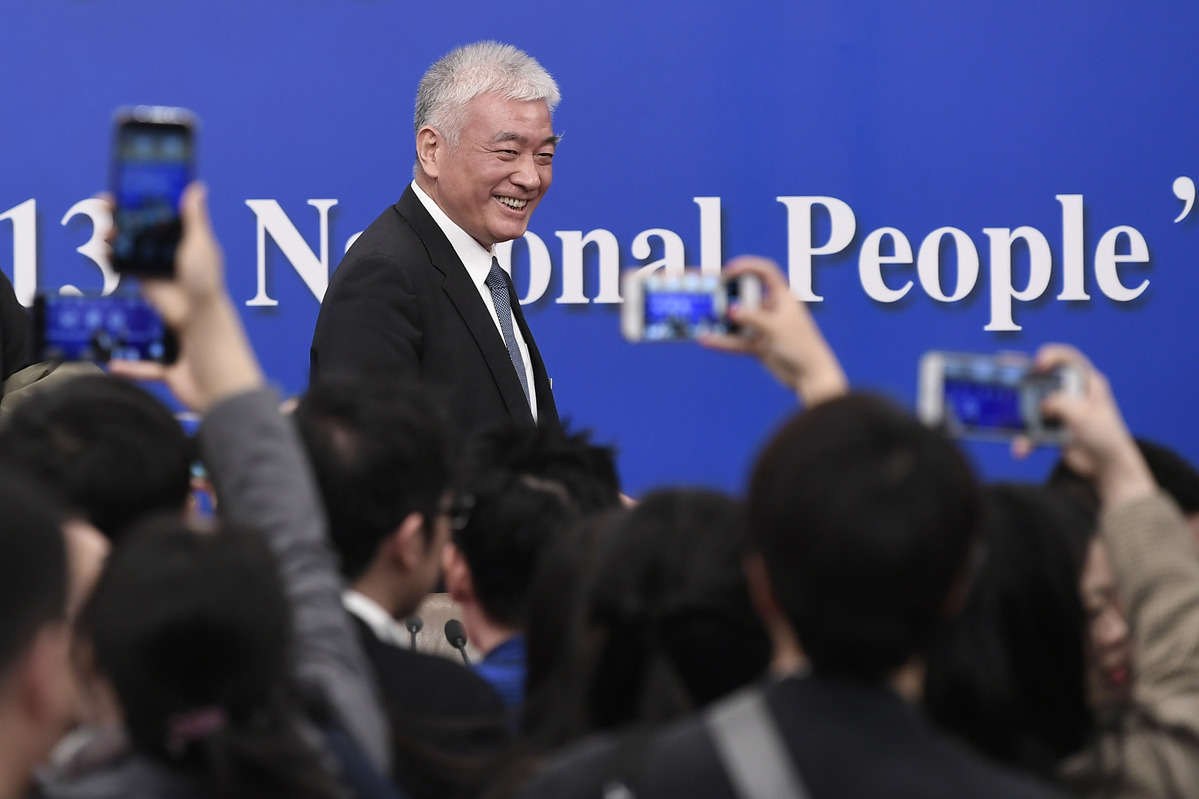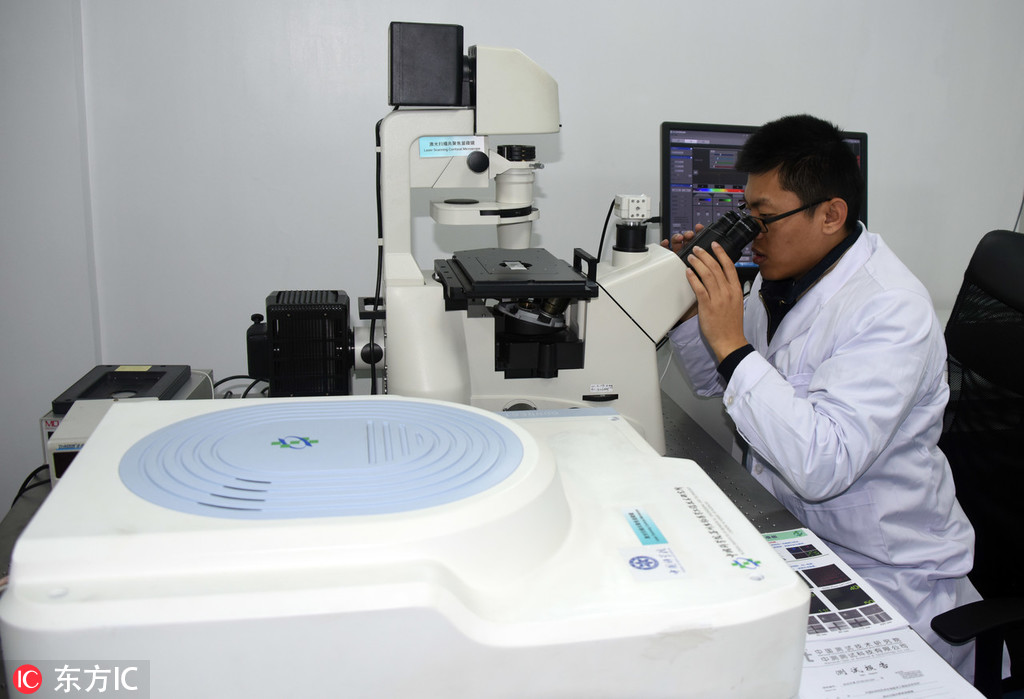Nation to improve ethics oversight for researchers


China will continue to improve its ethics and academic integrity in scientific research to limit any negative impact on society brought by substandard practices or unethical conduct, China's top science official said on Monday.
Wang Zhigang, minister of science and technology, said the ministry has attached great importance to regulating research practices, and will continue to issue rules to guide scientists and keep research within proper ethical boundaries.
"Science and technology are double-edged swords," Wang said. He said fast-developing technologies-artificial intelligence and gene editing, for example-raise ethical questions involving individual privacy or technological uncertainties.

Well-designed laws and regulations can help produce new technologies that are clear of questions and therefore provide maximum benefit, and they can prevent harmful excursions into questionable territory, he said, adding that such controls will create an environment in which researchers are more professional, responsible and respectful of ethical standards.
Academic ethics came under the spotlight in November when a controversial experiment by Chinese scientist He Jiankui sparked global outrage. He announced that he had created the world's first gene-edited human babies.
Bai Chunli, president of the Chinese Academy of Sciences, told Science and Technology Daily that developments in gene-editing, cloning, lab-grown organs and other biotechnologies have challenged the traditional understanding of bioethics.
Misusing or abusing these technologies will result in serious social and moral crises, he said, though he does not support a blanket ban on all gene-editing research.
The rules need to strike a balance between encouraging scientists to explore and preventing them from going too far, Bai said. Hence it is crucial to have laws and oversight with clear boundaries, as well as enforceable punishments for violators, he said. Scientific progress to benefit mankind should be allowed, but in carefully managed ways, he added.
Robin Li, CEO of Baidu and a member of the 13th Chinese People's Political Consultative Conference National Committee, called on Sunday for government agencies, experts and industry leaders to study ethical issues surrounding artificial intelligence.
More instructive government guidance and oversight, stronger implementation of ethics rules in research and greater international cooperation are needed to realize AI's promise of benefits to society, he said.
Xu Anlong, a CPPCC National Committee member and president of Beijing University of Chinese Medicine, said China should strengthen research ethics and academic integrity even while streamlining administration, which some have worried could lead to weakened oversight.
"Raising ethical standards and eliminating red tape are not in conflict with each other," Xu said. "Scientists must conduct their work in a rigorous, appropriate and responsible manner, and it is high time we raised the ethical bar for research practices and academic integrity."
- Market fire causes multiple casualties in North China's Hebei
- 'Ferryman of souls' escorts cremains of veterans from Taiwan to mainland home
- China announces month-long online shopping event for Spring Festival
- Hong Kong-Zhuhai-Macao Bridge reports record high passenger flows in 2024
- China launches action plan to tackle dementia amid aging population challenge
- Three found dead from overturned hoisting cage in Hohhot






































